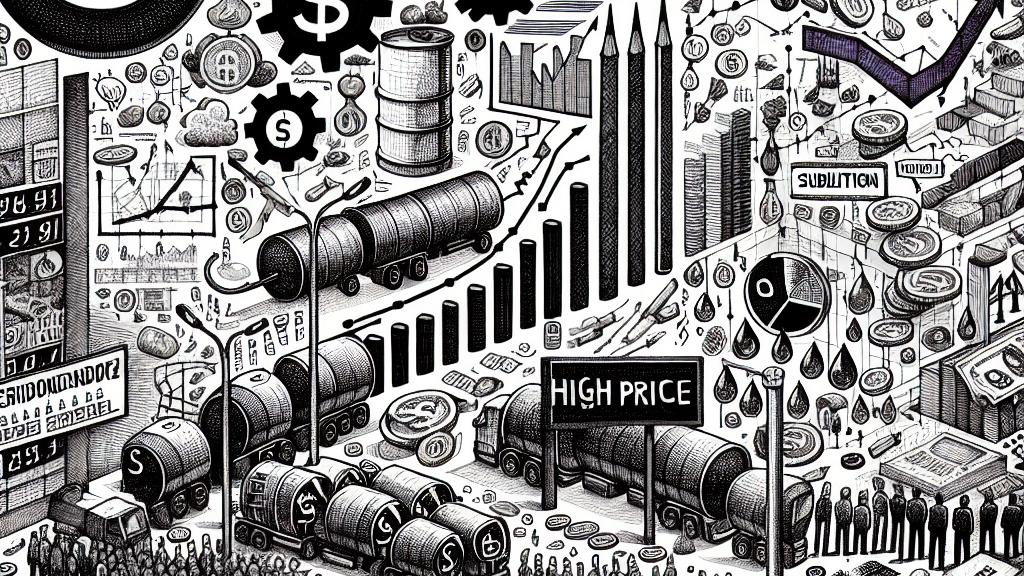Oil Fund Crisis: The High Price of Subsidy Mismanagement
Overview
- Thailand's Oil Fuel Fund is in crisis due to reckless subsidy policies leading to significant financial losses.
- The government considers revising eligibility for fuel subsidies, focusing on those most in need to ensure sustainable aid.
- Amendments to the Offo Act aim to improve administration and accountability in the management of the fund.

The Financial Turmoil of Thailand's Oil Fund
In Thailand, a nation heavily reliant on oil and gas, the Oil Fuel Fund Office (Offo) is undergoing a severe financial turmoil that threatens its stability. Years of issuing broad fuel subsidies to mitigate rising energy costs—compounded by global crises such as the Russian invasion of Ukraine—have resulted in staggering financial losses. The fund's balance has plummeted from an excess of 30 billion baht to an alarming deficit. In 2022 alone, subsidies amounted to 130 billion baht, prompting Offo to secure a 105 billion baht loan just to manage interest payments. This catastrophe underscores the pressing need for a comprehensive reassessment of funding strategies to safeguard the future of the Oil Fuel Fund.
Towards Targeted Subsidy Strategies
In light of this crisis, experts and policymakers are advocating for a shift from universal fuel subsidies to more targeted assistance programs. Suggestions have emerged to refine eligibility, concentrating on low-income groups like street vendors, public transport drivers, and other vulnerable sectors who rely on affordable fuel. For instance, the national oil company PTT Plc has already implemented a similar strategy, providing limited subsidies to taxi and bus operators, thereby creating a framework for Offo to build upon. This strategic targeting is not only expected to conserve dwindling resources but also to ensure that the most needy populations receive essential support, thus preventing the fund's further depletion.
A Path Forward: Sustainable Management Practices
As Thailand's Oil Fuel Fund confronts its dramatic financial realities, it's crucial to develop a structured framework that emphasizes fiscal accountability and sustainability. Policymakers must establish clear criteria defining when subsidy programs should activate, allowing for agile responses to actual fuel pricing emergencies. This clarity will facilitate better management of public funds, ensuring that resources are judiciously allocated. Moreover, advancing towards a low-carbon future calls for prioritizing energy efficiency alongside financial prudence. By combining targeted support with innovative energy policies, Thailand can transition effectively from a reactive funding model to a proactive approach that secures both social equity and the environment.

Loading...